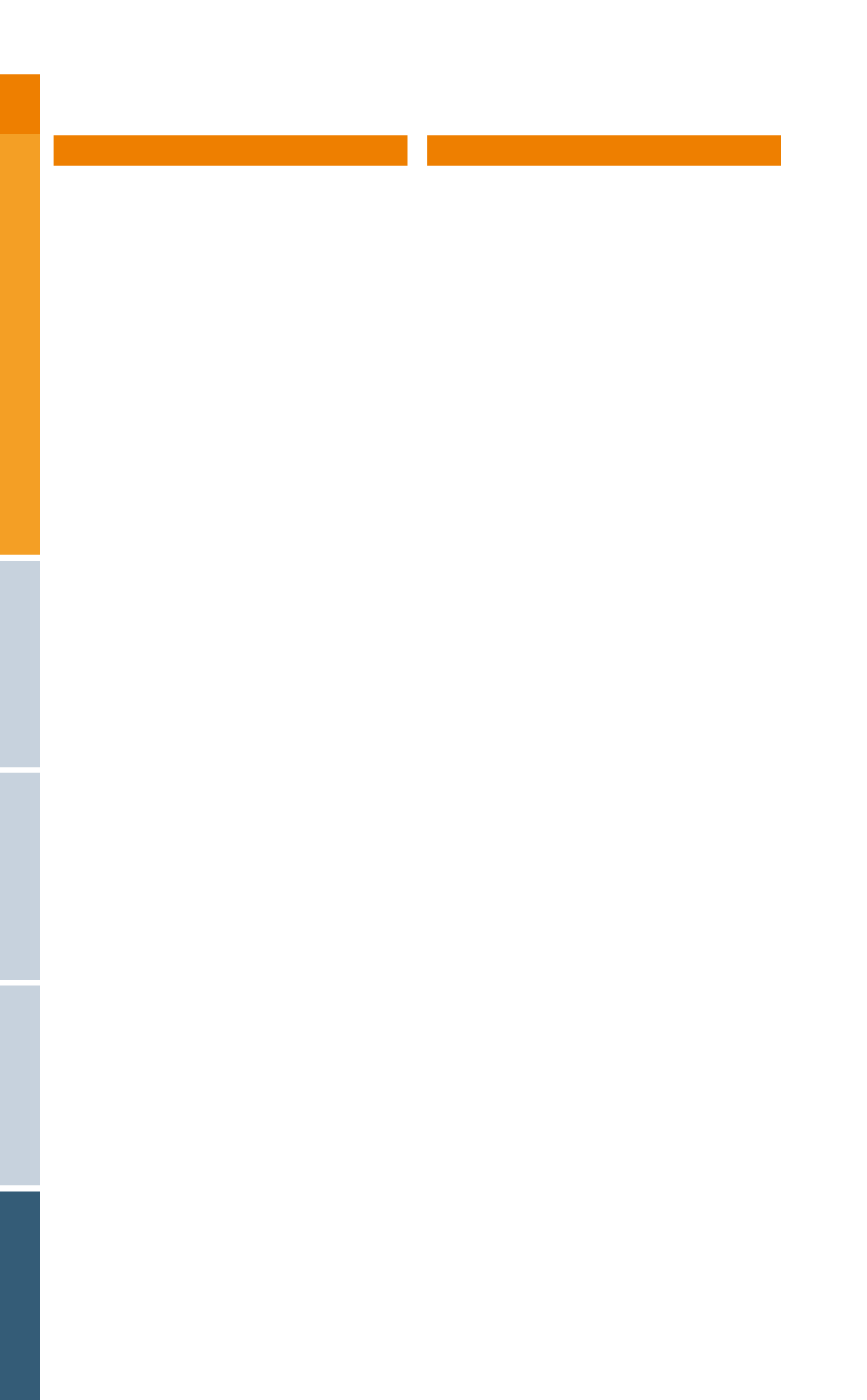

SCIENTIFIC PROGRAMME
296
WEDNESDAY
THURSDAY
FRIDAY
SATURDAY
› Saturday, 26.11.2016
S-183
Symposium
08:30– 10:00 h
|
Room M2
TOPIC 13:
Brain imaging, neurophysiology,
neuropsychology
Brain oxytocin in socio-emotional behaviour:
pathways, actions and treatment options
›
In cooperation with DGBP – Deutsche
Gesellschaft für Biologische Psychiatrie e.V.
Chairs:
Sabine C. Herpertz, Heidelberg
(Germany)
Inga Neumann, Regensburg (Germany)
001
Central pathways of oxytocin signal-
ing in the brain: focus on fear, pain and
social behavior
Valery Grinevich, Heidelberg (Germany)
002
Acute and chronic effects of oxytocin
on anxiety and social fear
Inga Neumann, Regensburg (Germany)
003
Oxytocin effects on social learning
and approach vs. avoidance behavior in
high and low anxious males and females
Laura Müller, Heidelberg (Germany)
Sabine C. Herpertz, Inge Volman, Karin
Roelofs, Katja Bertsch
004
Translating oxytocin neuroscience
to the treatment of anxiety disorders
René Hurlemann, Bonn (Germany)
S-184
Symposium
08:30– 10:00 h
|
Room M4
TOPIC 3:
Psychotic disorders, F2
Psychotherapy in patients with Schizo-
phrenia: evidence based efficacy and
novel approaches
Chairs:
Tilo Kircher, Marburg (Germany)
Stefan Klingberg, Tübingen (Germany)
001
How to deliver in-patient CBT
Stefan Klingberg, Tübingen (Germany)
002
CBT in early psychosis
Andreas Bechdolf, Berlin (Germany)
003
CBT for psychosis with a special
focus on change in delusions: are
emotion-oriented interventions more
effective?
Stephanie Mehl, Marburg (Germany)
Tania Lincoln
004
Trauma therapy in patients with
Schizophrenia and PTSD
Paul de Bont, Amsterdam (The Netherlands)


















